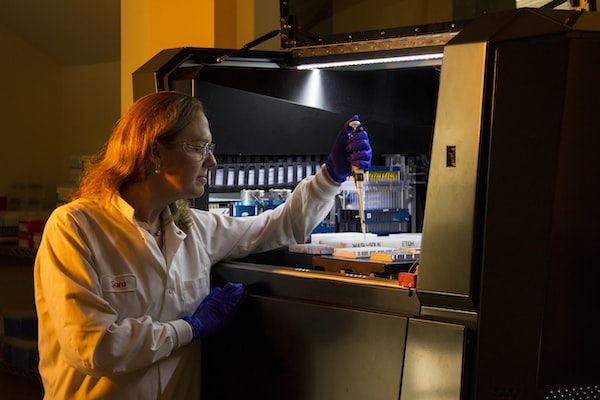What Is the Value of Genetic Testing?
As the science of genetics advances, so too does our ability to test for and diagnose genetic conditions. Right now, this is primarily achieved through various types of genetic testing. Genetic testing is the process of analyzing a person’s DNA in order to identify changes or mutations that may be associated with a particular disease or condition. This information can then be used to determine a person’s risk of developing that disease in the future. There are a lot of benefits associated with genetic testing and it can have a material impact on your health and quality of life. If you want to learn more, keep reading to find out about the value of genetic testing.
What is the value of genetic testing?
The widespread availability of genetic testing has been valuable in many ways. Genetic testing can provide individuals and families with important information about their medical background. This information can help people make more informed decisions about their health and allow them to take steps to reduce their risk of developing certain diseases. Genetic testing can also be used to diagnose diseases and conditions, and to determine if a person is a carrier of a genetic disorder so they can consider this information when making reproductive decisions.
If you want to work in the field, you should consider a master of health economics degree. Health economics is the study of how people use their resources to maintain and improve their health. This includes the study of how people pay for health care, the cost of health care, and how health care is delivered. One of the areas that health economics is increasingly studying is the use of genetic testing. Health economists can play a part in determining the role that genetic testing should play in our healthcare system and how we can budget for it.
In addition to its clinical applications, health DNA testing can also be used for research purposes. For example, scientists can use genetic information to study the causes of diseases and to develop new treatments and therapies. Genetic testing can also be used to identify genes that are associated with certain traits, which can be used to improve our understanding of human biology
What are some common genetic conditions that can be tested for?
There are a number of genetic conditions that can be tested for, some of which are more common than others. Some of the more common genetic conditions that can be tested for include cystic fibrosis and sickle cell anemia. Cystic fibrosis is a genetic condition that affects the lungs and digestive system. It is caused by a mutation in the CFTR gene. When this gene is mutated, the protein it produces does not work properly, which can cause the lungs and digestive system to become clogged with mucus. There is no cure for the condition, but treatments are available to help manage the symptoms.
Sickle cell anemia is a condition that targets red blood cells. It is caused by a mutation in the HBB gene. This gene is responsible for producing the hemoglobin protein, which is responsible for carrying oxygen throughout the body. When mutated, the hemoglobin protein is not produced properly, which can cause the red blood cells to become sickle-shaped. For some people, anemia is a mild condition that causes only a few problems; for others, it can be a life-threatening disease. The main factor that determines the prognosis for sickle cell anemia is how well the person’s red blood cells can carry oxygen.
There is no doubt that genetic testing is a powerful tool that offers immense value for society as a whole. This type of testing can identify genetic disorders and prevent them from being passed down from one generation to the next. In addition, genetic testing can identify the risk of developing certain diseases, which can improve the quality of life for those who undergo testing. Serious conditions like cystic fibrosis and anemia can be diagnosed through genetic testing, which can allow people to seek treatment sooner. If you’ve never had genetic testing done, it may be worthwhile to do so as soon as you are able to.

